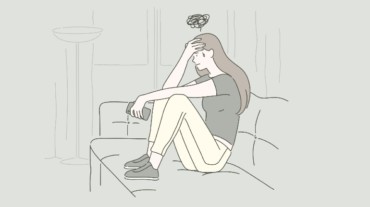
Who would have thought that the secret to long-lasting relationships will actually be discovered by neuroscientists instead of poets? As strange as this thought is, neuroscience now holds the key to successful long-term bonds. The secret, you ask? Why, it’s distance!
In what seems like an experiment to prove the adage “absence makes the heart grow fonder”, neuroscientists at the University of Colorado Boulder have neural evidence to prove that longing for a partner is an essential aspect of a successful relationship.
Here’s how the scientists came to this conclusion
Study authors used brain imaging to study brain activity of monogamous rodents called voles. They studied the rodents at different time intervals, namely: when they just met with another rodent; three days after mating; and 20 days after co-habitation.
The researchers wanted to understand whether the reward centers in the brains of voles light up the way they do in humans when they are with a romantic partner. But to their surprise, that didn’t happen. Rather, in voles brain activity seemed the same when they were with strangers and with lovers.

However, significantly increased brain activity was reported when the voles were away from their partners or were just about to meet them. While the neuroscientists couldn’t gauge the rodents’ expressions, their brain scans revealed large glowing clusters of cells upon separation signifying longing—which was even larger in voles who had been together for a long time.
“This suggests that maybe the recruitment of these cells for this new purpose is important for forming and maintaining a bond,” says lead author of the study Zoe Donaldson, who is an assistant professor of behavioral neuroscience at the University of Colorado Boulder.
But why should a study of rodents have any bearings on us humans?
Well, for starters, voles have been long used to study human relationships because they showcase social traits very similar to humans.
Also, Read: Here’s how you can work from home alongside an extrovert partner
Secondly, this study aims to find a very scientific explanation to the tumultuous state of mind we all find ourselves in this world now dominated by social distancing and lockdowns.

“These negative feelings so many of us are experiencing right now may result from a mismatch,” says Donaldson. “We have a neuronal signal telling us that being with loved ones will make us feel better, while practical restrictions mean this need is going unmet. It’s the emotional equivalent of not eating when we are hungry, except now instead of skipping a meal, we are slowly starving,” she concludes.
Select Topics of your interest and let us customize your feed.
PERSONALISE NOWAll in all, what the study proves is this: monogamous mammals (like humans) are uniquely hard-wired to be with others.